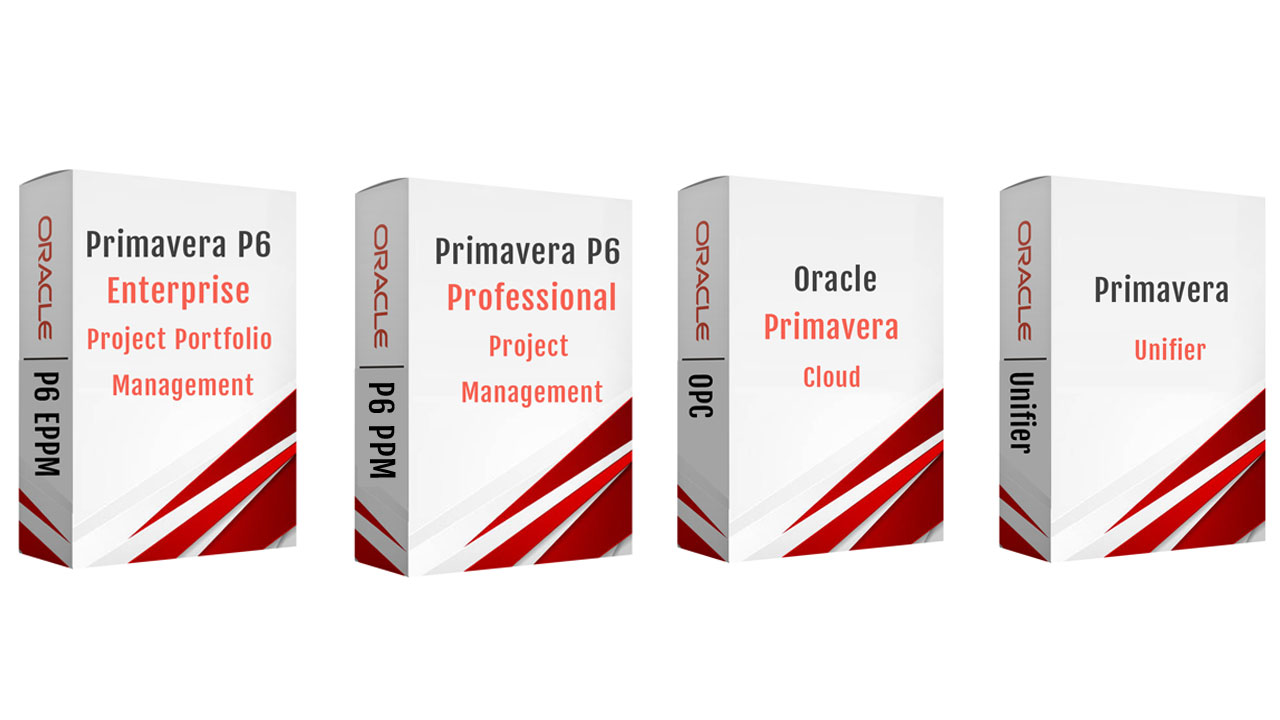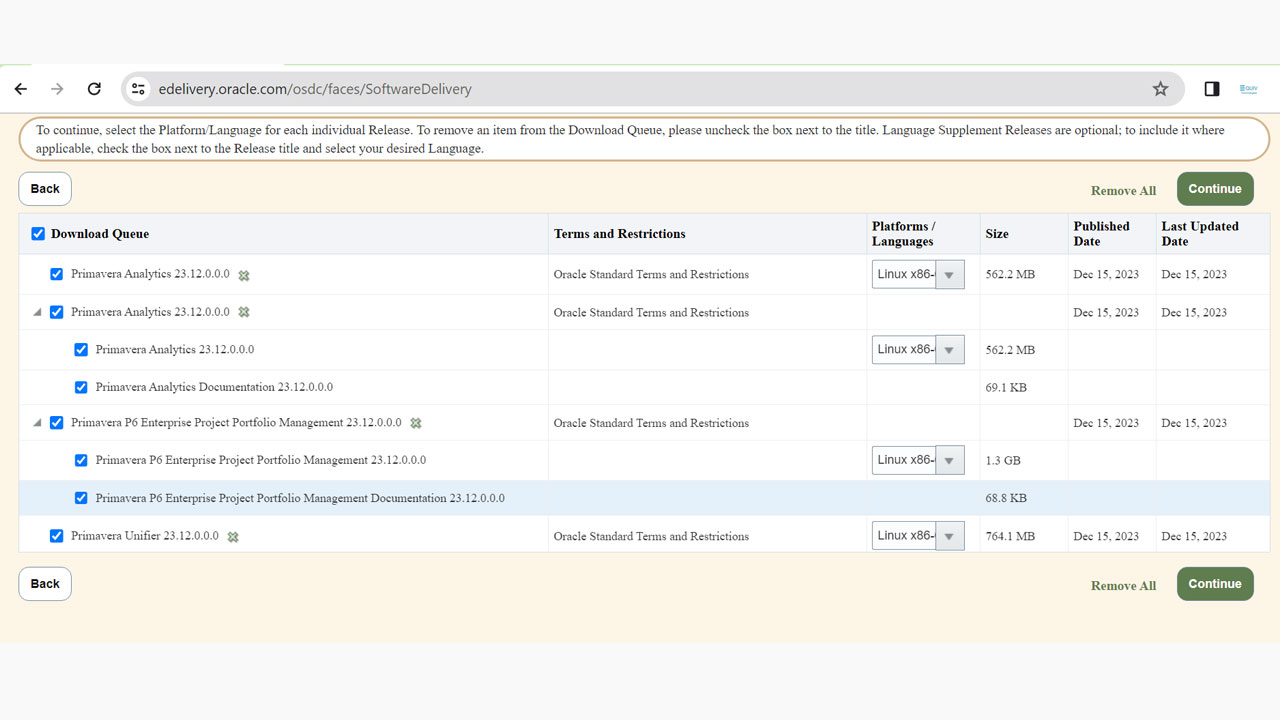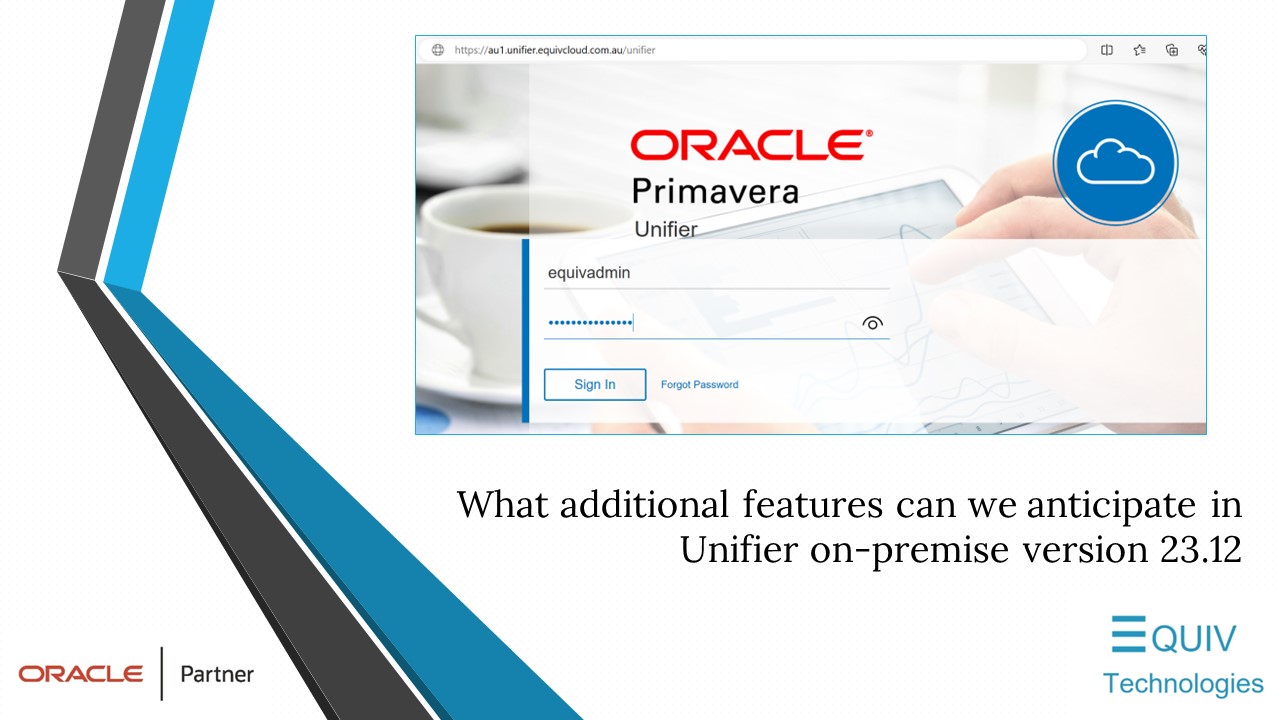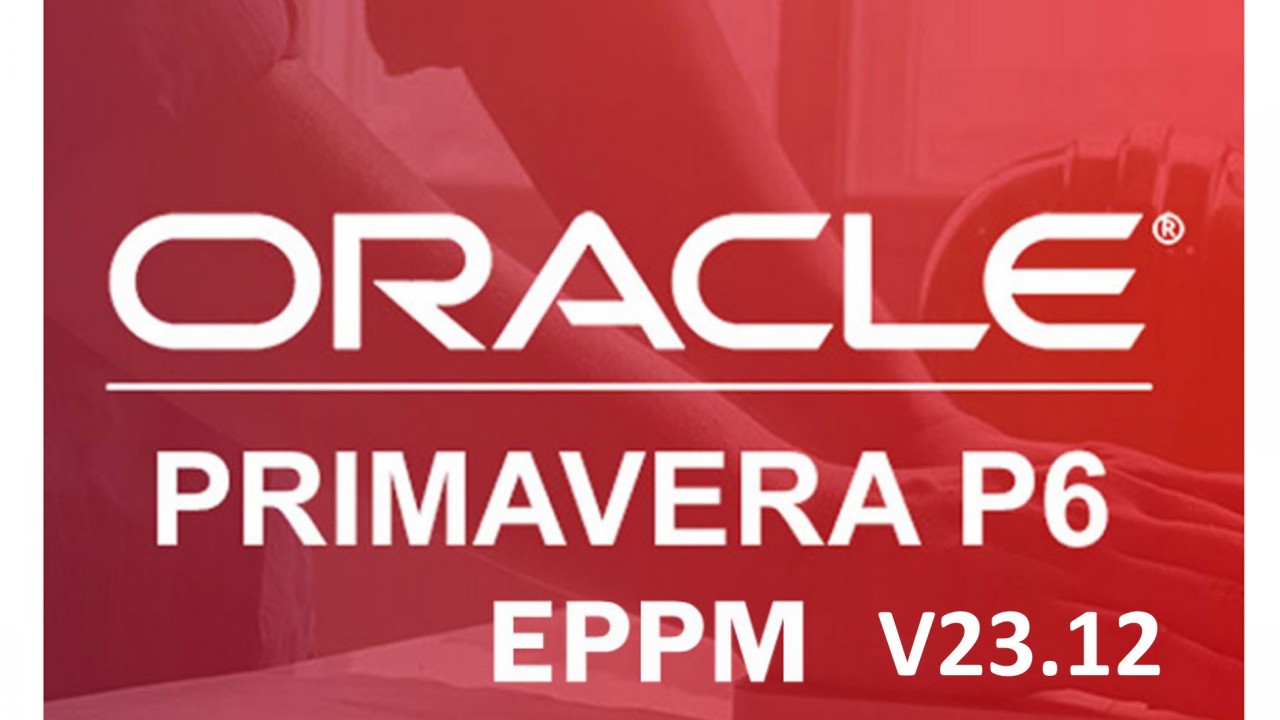When people mention 'Primavera,' many users immediately think of P6 Professional. However, it's important to note that the term 'Primavera' is associated with various CEGBU products, and they are not all identical. Below are some of the prominent products widely used in project control
1. Primavera P6 Enterprise Project Portfolio Management (EPPM)
2. Primavera P6 Professional Management (PPM)
3. Oracle Primavera Cloud (OPC/Prime)
4. Primavera Unifier
Primavera P6 Enterprise Project Portfolio Management (EPPM)
What is included in a single P6 EPPM Perpetual License
- P6 Web
- P6 Professional (Desktop Client)
- P6 Visualizer
- P6 Team member web/mobile app
- P6 Procloudconnect (Only for Oracle Database)
- P6 Webservices (SOAP and Rest API)
- Integration API (Deprecated)
- Clickonce for P6professional
- Oracle Analytics Publisher (Restricted use license)
- Oracle Content server (Restricted use license)
- Weblogic Server Standard (Restricted use license)
- SQLite Database
Q1: What does the term 'Perpetual license' mean?
Purchasing a single P6 EPPM license entitles the customer to lifelong use, classifying it as a perpetual license. However, they can upgrade to the latest version annually, provided they have Annual Maintenance and Support (AMC) with Oracle, requiring a 22% payment of the license cost each year.
Q2: What is the pricing for a single Primavera P6 EPPM license?
One P6 EPPM license cost is 5775 AUD
AMC for 1-year 1270 AUD
Total = 7050 AUD (Average price as per 2024)
Q3: Is it possible for two users to share the same license?
No, it is a named user license, and each license is intended for use by only one user
Q4: Why annual Oracle support and maintenance (AMC) payment necessary for a perpetual license?
While customers can retain their perpetual license indefinitely, opting for the latest Primavera version upgrade requires Oracle support and maintenance. This cost is incurred annually, and payment is mandatory for every year, selective payment only for the upgrading year is not allowed."
Q5: Does P6 EPPM have any license files?
No, Oracle licenses operate on a trust-based system, there is no license code or tangible file for Primavera. Once a customer acquires the licenses, they receive a Customer Support Identifier (CSI). With this identifier, they can log in to edelivery.oracle.com to download the necessary software
Q6: Is it possible to purchase each module separately, or is it necessary to buy the entire EPPM license?
P6 Web services and Team Member licenses can be acquired independently, offering a more cost-effective compared to full EPPM license.
For example, if a customer plans to use only 5 licenses for planning using P6 Web and Professional but needs to assign Team Member access to 100 individuals working on-site, they can purchase 100 Team Member licenses alongside with 5 EPPM licenses. The same principle applies to Web services as well.
Q7: What does the term Restricted Use License (RUL) signify in WebLogic?
WebLogic can be utilized under a P6 EPPM license strictly for P6 EPPM deployment, excluding clustering or coherence. If a customer wishes to implement clustering, a separate WebLogic license must be procured.
Q8: What does the term Restricted Use License (RUL) signify in Oracle Analytics Publisher (BI Publisher)?
BI Publisher serves as the primary reporting tool for Primavera, offering over 40 standard reports provided by Oracle. These reports can be accessed through P6 Web if P6 is integrated with BI Publisher. However, if BI Publisher is connected to another application or a new report is created through BI Publisher from P6, a full license must be purchased
Q9: What is SQLite database, and is it necessary to acquire separate licenses for databases such as SQL or Oracle?
The SQLite database is a standalone, file-based database that customers can freely use with P6 EPPM and configure locally on their machines. However, other databases are not included in P6 EPPM licenses and must be purchased separately.
Primavera P6 Professional Management (PPM)
What is included in a single P6 PPM Perpetual License?
- P6 Professional (Desktop Client)
- P6 Visualizer
- SQLite Database
Q1: Are P6 Professional in PPM and P6 Professional in EPPM the same?
From the perspective of planning and scheduling functionality, both are identical. However, from an administrative and module standpoint, there are differences.
All administrative functionalities are available within PPM P6 Professional, but in EPPM these features are accessible through the web.
Additionally, P6 PPM includes only the P6 Professional module. Team Member, Web Services, and Cloud Connect functionalities not available.
Q2: Can we connect PPM P6 Professional to EPPM database, and vice versa?
No, it is not possible to connect both products.
Q3: Can we purchase an EPPM license but use it as PPM?
Yes, you can utilize an EPPM license as PPM. If you have a limited license and do not require web functionalities (Dashboards, Portfolio Analysis, Capacity Planning, etc.), you can use it solely as PPM.
Q4: Can we convert a PPM license into an EPPM license?
Yes, you can do this at any time; however, there are associated costs.
Q5: Can we convert a P6 PPM database into an EPPM database?
Yes, you can migrate from a PPM database to an EPPM database, but the PPM license must be converted to an EPPM license prior to the migration.
Oracle Primavera Cloud (OPC/Prime)
What types of licenses are offered in OPC?
Portfolio and Capital Planning License: For portfolio planners to propose and manage the portfolios across your organization.
Progress License: For users who only need access to their activities and timesheets.
Schedule License: For power schedulers to prioritize, plan, manage, and evaluate projects across your organization.
Task Management License: For schedulers that use task management to manage their projects.
Q1: What is Oracle Primavera Cloud? Is it a cloud solution for P6 EPPM or P6 PPM?
Oracle Primavera Cloud (OPC) is a distinct product, offering cloud-based solutions exclusively. While P6 EPPM also has a Software as a Service (SaaS) model known as Primavera P6 EPPM Cloud, OPC is a distinct app-based solution. OPC includes separate apps for scheduling management, risk management, portfolio management, and task management. Each module or app incurs its own cost, allowing customers to choose based on their specific requirements.
Q2: What is the history of Oracle Primavera Cloud (OPC) and why was a new product introduced when P6 EPPM/PPM/Unifier is available?
Oracle Primavera Cloud (OPC), initially referred to as Prime, was introduced to consolidate Primavera P6 EPPM (Project Management), Unifier (Cost Management), OPPM (Portfolio Management), and Primavera Risk Analysis (Risk Management) into a single product. The product was initially named Prime and later rebranded as Oracle Primavera Cloud (OPC). However, it's important to note that OPC cannot be directly compared with existing products like P6 EPPM and Unifier. While OPC schedule management shares functionalities with P6 Professional, it operates in a web environment, making direct comparisons challenging.
Additionally, Primavera Risk Analysis (PRA) has been discontinued by Oracle and can be accessed through OPC
Q3: Where does OPC fit best?
OPC is ideal for customers managing high-level schedules and seeking lightweight cost and risk management functionality. It is well-suited for those aiming to replace Microsoft Project (MSP) and is particularly fitting for small to medium-scale industries.
Q4: Does OPC include the P6 Professional module?
No, OPC is a fully web-based application with an app-type interface. Users can access most of the functionalities of P6 Professional within the OPC scheduling application.
Unifier
What types of licenses are offered in Unifier?
• Primavera Unifier Portal user
• Primavera Unifier Project Controls
• Primavera Unifier Facilities and Asset Management
• Primavera Unifier Earned Value Management
General Questions
Q1: What is the minimum license requirement for Primavera?
Primavera P6 EPPM: Minimum 1 License
Primavera P6 PPM: Minimum 1 License
Oracle Primavera Cloud: Minimum 5 Licenses
Unifier : Minimum 25 license
Oracle’s Primavera P6 EPPM Cloud: Minimum 25 Licenses
Equiv’s Primavera P6 EPPM Cloud: Minimum 5 Licenses
Q2: What are the differences between Oracle Primavera P6 EPPM Cloud and Equiv’s Primavera P6 EPPM Cloud?
While both provide the same P6 EPPM modules, there are differences in cost, minimum number of licenses, number of P6 databases, storage options, and integration features.
Need Support?
If you need support or have additional inquiries, feel free to contact Equiv. If you are also seeking discounts on Primavera licenses or Primavera in cloud, please get in touch with us








